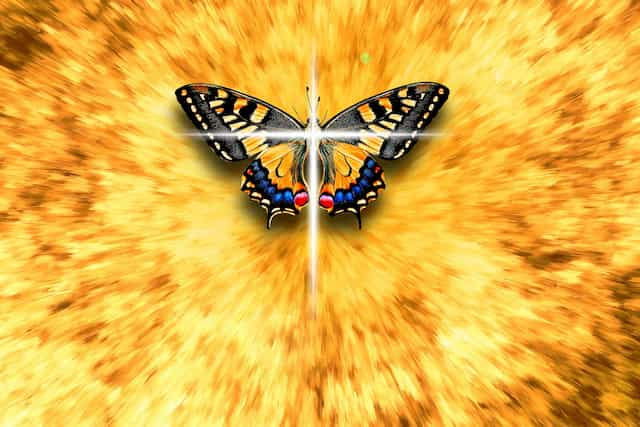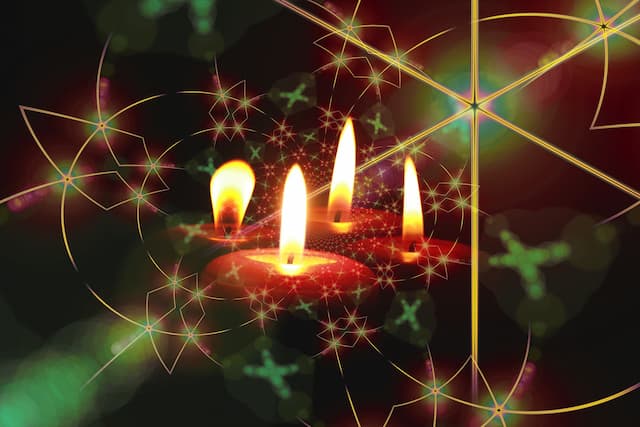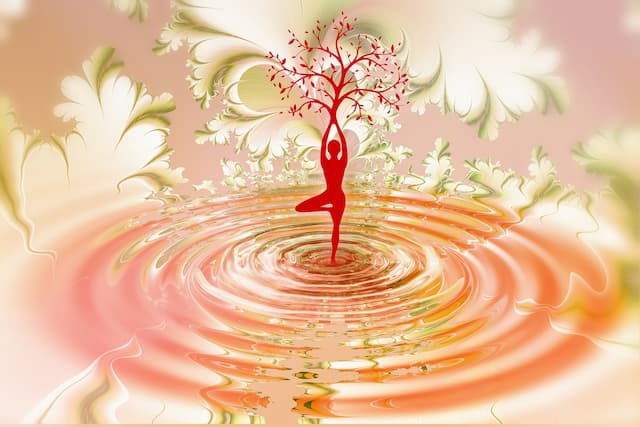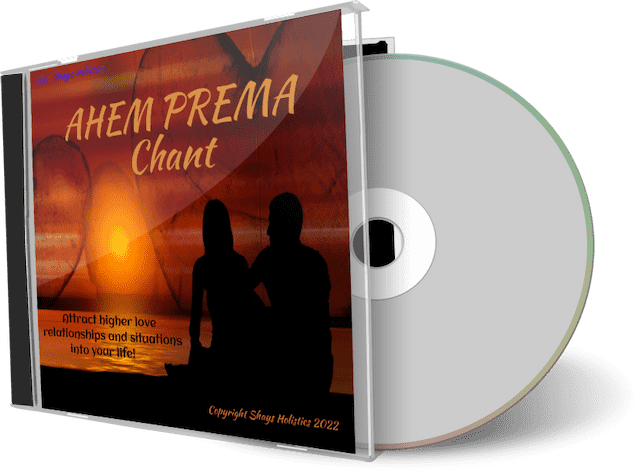Spirituality and religion are sometimes used interchangeably in conversations when discussing heavenly and inspirational topics. What’s the difference?
There are people who are extremely religious, spiritual, or both. Of this group, some will say that they very religious, as well as being spiritually focused. While others may claim to be mainly spiritual, and only a little religious.
Let’s talk about both.
Religions
Religious individuals follow the written beliefs, principles, opinions or doctrines (tenets) of an established order of belief, or religion. There are typically rituals and ceremonies associated with the religion. There are also revered people, some who may be thought of as saints, who played a significant role in the establishment or earlier historical development of that religion.
Additionally, there may be sacred objects associated with the past and symbols that are visual reminders of the spiritual principles, heavenly, or mystical, connections to which they refer.
The more traditional religions usually congregate in buildings or structures built specifically for the purpose of practicing that faith.
Benefits of a Religious Faith
Because of these features, organized religions offer a wonderful forum for some people to find their spiritual roots or practice their beliefs in a pre-established environment ideally suited for them. The religious setting provides guideposts for seekers to stay on track, the pathways to grow in their faith and commune with other like-minded individuals, and a firewall of support as they experience spiritual, worldly, or other life challenges along their divine sojourn. For them, just being around those committed to their spiritual path with shared, common religious beliefs helps them to grow and remain steady on their path.
For people following a particular religious order, their beliefs are true to them because they resonate in their own lives. Adherents to a specific faith may also believe there can be no other spiritual reality except theirs.
Individualized Spiritual Seekers
Now, the individualized spiritual seekers may find that organized religions don’t work for them. Their life experiences and own spiritual beliefs are in conflict with the philosophies and tenets of established religions. They may see traditional religions as restrictive, outdated, possibly even fictional or irrational. There may be pieces and parts of a religion that they agree with, but they cannot see how it applies to them in their life as any given religion is practiced in its entirety.
The individualized spiritual seeker is kind of like a shaman in a tribe of indigenous peoples that are still found throughout the world. Although there are shamanic orders, most shamans operate from their own spiritual connection and awareness with the Divine, and are guided by their own spiritual experiences, truths, and in their relationship to the Divine, as well as their involvement with lesser energies and divinities, or “gods”. These “gods” might be called angels, devas, or by other names in various religions.
Both are Following Their Path
Both the religious person, that is the spiritual seeker who is dedicated to a particular religion or faith, as well as those people who are on an individualized spiritual journey, will tell you that they experience profound spiritual growth as their life unfolds. They both have found what they are looking for.
At the same time, both the religious person and the individual spiritual seeker can believe that the other one is wrong. The individualized spiritual seeker will see the organized religion as invalid and the traditional religious follower will see the individualized spiritual seeker as lost, and their own belief system as being legitimate, factual and true.
There’s no way to have a logical discussion about either approach because each group is living a spiritual reality that is true for them. Both are experiencing their own spiritual realizations and bliss, which only reinforces to each that their path is right and correct.
Hidden Challenges for Both
Now there can be significant challenges for both the religious person and the individualized spiritual seeker.
For someone following a traditional faith, their religion can be the final impediment to their true spiritual experience, which is a paraphrase of a quote that escapes me right now. That is, the beliefs, principles, opinions, or doctrines (tenets) of their religion can keep them from their own Bliss experience as Joseph Campbell called it. The final step in personal growth is always a step or more beyond the established acceptable boundaries of any religious order or belief system. That’s one reason that transformational spiritual figures, new belief systems and religions emerge at various points in history.
Religious doctrine and our own beliefs can become the final impediment to experiencing the spiritual illumination and actualization we yearn for.
Now, the individualized spiritual seekers may feel they are in the superior position since they are unbound by the rules of a religious order with its restrictive tenets and dogmas. They see themselves as completely free to follow their personal Divine guidance.
However, individualized spiritual seekers have their own set of challenges, too. Specifically, precisely because they are untethered to any particular belief system and free to go where they feel guided, at some point they may find the focus of their spiritual life diffused, lacking a clear focus, and the energies of their life path scattered, not crystal clear as before.
This group often becomes what we lovingly refer to as spiritual junkies, always seeking the next big spiritual celebrity or mystical axiom that will finally lead them to the pinnacle of their desired transcendent experience.
Mutual Blind Spots
For the followers of the more traditional religious route and the individualized spiritual seekers, they are both caused to stumble by the very thing that supported their earlier spiritual growth. For the first group, the prescribed spiritual path of their religion, and the other, an unstructured route.
Sacred Path — Follow Your Bliss
The sacred path is one guided by our intimate connection with the Divine (God) walking in faith. We believe that our spiritual life is one of our heart-connection, a connection with our spiritual heart and being with the Divine. Only God knows what the ideal path is for each of us.
For both the religious spiritual person and the individualized spiritual seeker, we believe that it is important to allow ourselves to be guided by the Divine and to let go of those things that inhibit our spiritual growth in our relationship with God. That requires us to live from an intimate connection of trust with the Divine.
If we can listen with our spiritual heart, we can follow our higher guidance — whether we are traveling a more traditional religious spiritual path or one that is charted by our individualized seeking.
God only needs our open heart and mind, and a willingness to do as we are guided!







